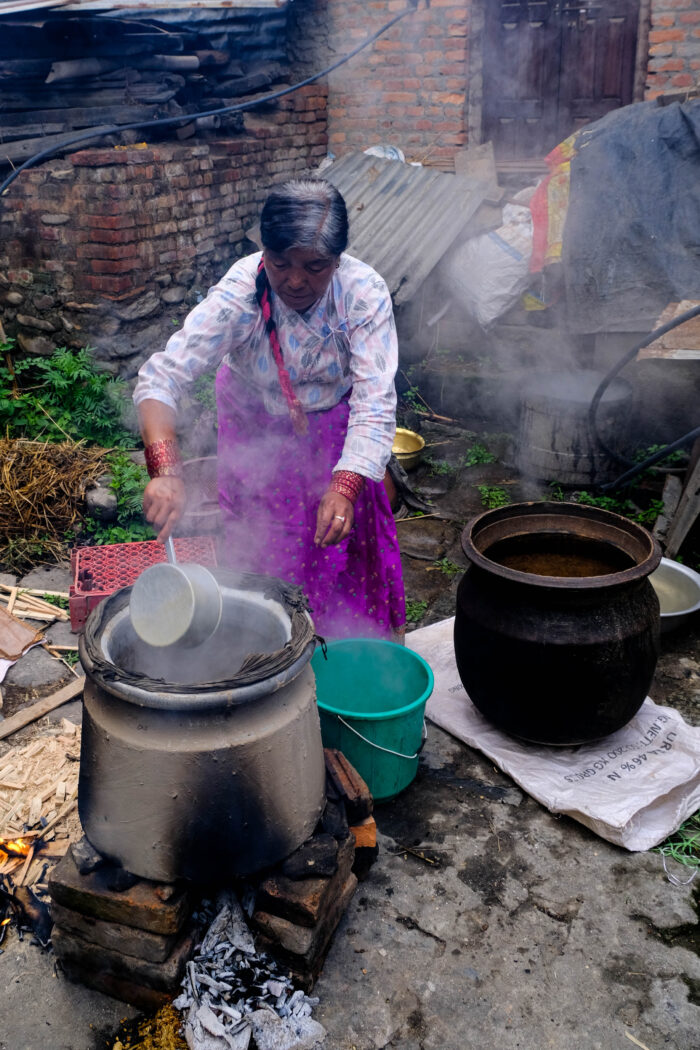Unlearning Development
Back in my school days as a child, people who talked about development always surrounded me. What development meant and how it should be achieved. As a young child the word felt something very heavy, unreachable and impossible to achieve. As I got older doing my social work degree, it felt even more complicated. Development had definitions, societies had definitions, everything had a definition that we as students were supposed to understand yet the word felt detached from what we understood.
As I got older it got more and more difficult to understand development. Being born and raised in Nepal, a country that had gone through and is going through historical questioning to changes, political and economic development just meant everything concrete. I remember attending workshops, seminars and talks about economic social development. As I attended these workshops/ seminars I felt a gap in my understanding and a problem being understood. The big dictionary words, to models of development that should be followed or were regarded as the RIGHT way to development, felt they had a missing link. I felt I just couldn’t connect to these papers and talks.
In 2016 I had the time to reflect and not rush to understand but take this word more organically. Always intrigued by own culture and cultures that surround me from different ethnicities, I could see their understanding of what development meant was directly related to sustainability.
By 2016 the word SUSTAINABLE had made its ways into the commercial market world. I could see a lot of people failing to relate, connect and understand this word. Most especially the goal it had set remained unattainable. “SUSTAINABLE” was now becoming like the word “DEVELOPMENT” to many who wanted to simplify its meaning. We were beginning to lose the connection to what it truly meant. The commercial use of the term felt ridiculous.
When I thought of sustainability, I thought of cultures, people and places- communities and individuals who had been practicing it for ages, it wasn’t about being sustainable it was about sustaining. Sustainability to me means first and foremost practices that are not harming the natural world. Like when I first saw slippers being made of hay and woven as they had been for hundreds of years by various communities in their own unique ways. Each woven design had a story to tell of their different communities. Then I saw the fermented pickle my mother has been making, a tradition that has been passed down from my grandmother and her mother before her. It involved a spinach drying process and the drying of meat, which we call Sukuti. Now are we going to call this sustainable development or are we going to regard this merely as the illiterate practices of people living in rural villages?

Observing, writing about the weather pattern for farming, praying to rain gods, seed saving festivals and harvest festivals, these practices to me scream sustainable. Now I ask how did we get here? Is development just bigger roads, bigger houses or is it about people practicing ways of SUSTAINING. Why is this not regarded as DEVELOPMENT? Why does development have to imply continuous growth even when this becomes unsustainable?
I personally believe if we could encourage and support our existing traditional craftsmanship’s and start unlearning what development has come to mean, then we might come to understand the importance of the natural world as en essential part of our cultural world. Then we might save ourselves from becoming the slaves of development and work towards conserving the natural practices that sustain us all.
Haushala Thapa is the Country Coordinator of Fashion Revolution Nepal. She is the founder director of a school run for the education of marginalized children in Nepal “Life Vision Academy” run and supported by Children and Youth First organisation and the Co-owner/ Creative director of Haushala Creatives a made in Nepal brand that focuses on conscious consumerism and ethical making in Nepal.





